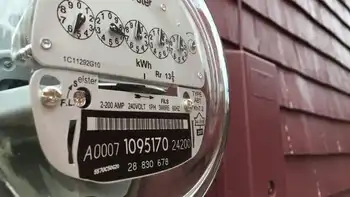EPA to Let Utilities Trade Mercury Emissions
WASHINGTON D.C. - The Environmental Protection Agency will issued a rule to cut U.S. utilities' emissions of toxic mercury through a cap-and-trade system, The Washington Post reported recently.
The system would allow some power plants to make deep pollution cuts while others make none and was likely to be contested in court by environmental groups, the newspaper said.
The report said the rule sets broad limits on mercury emissions that enable power companies to decide which plants will receive pollution controls. That could mean that even as many states reduce their emissions, some could see increases in emissions of mercury, the Post said.
The EPA proposed last year to make U.S. utilities cut mercury emission by 70 percent by 2018, a plan that critics said gives industry too much time and jeopardizes public health.
The United States has 1,032 coal-fired electric power plants that emit about 48 tons of mercury into the air each year, the largest unregulated U.S. source of the toxic substance. Mercury emissions, which can pollute nearby streams and lakes, have been linked to neurological disorders in infants.
Cutting mercury emissions will cost utilities anywhere from $3 billion to $8 billion annually, according to several studies submitted to the EPA.
The Washington Post said industry groups back the cap-and-trade system as more practical and cost-effective than the alternative that environmentalists prefer - limiting emissions at every plant.
Related News

Opp Leader calls for electricity market overhaul to favor consumers over generators
MELBOURNE - Australia's Labor leader Bill Shorten has called for significant changes to the rules governing the national electricity market, saying they are biased in favour of big energy generators to the detriment of households.
He said the national electricity market (NEM) rules are designed to help the big companies recoup the money they spent on purchasing government assets, rather than encourage households to generate their own power, and they need to change faster to adapt to consumer needs.
His comments hint at a possible overhaul of the NEM’s governance structure under a future Labor government, because the current rule-making process is…




